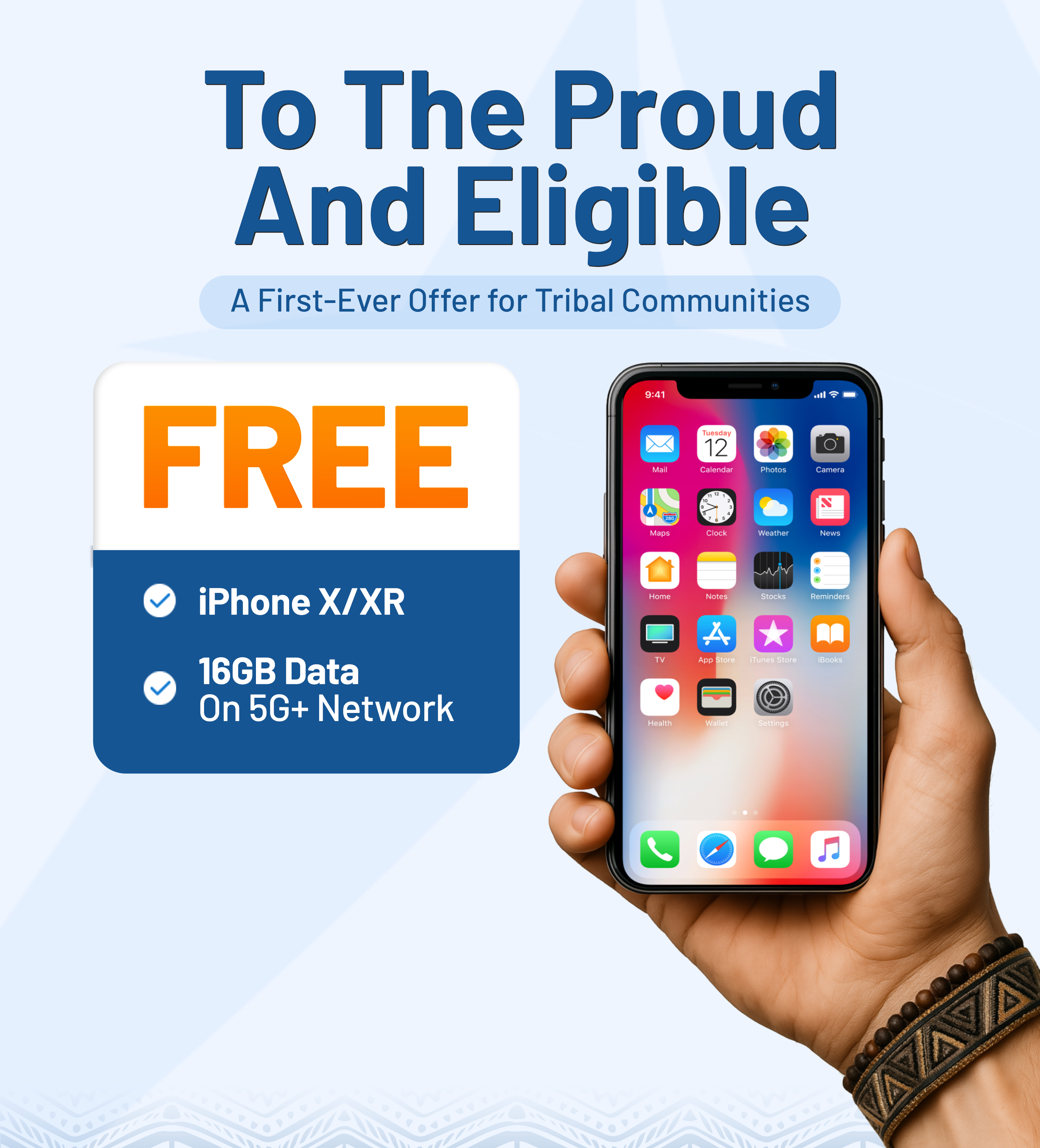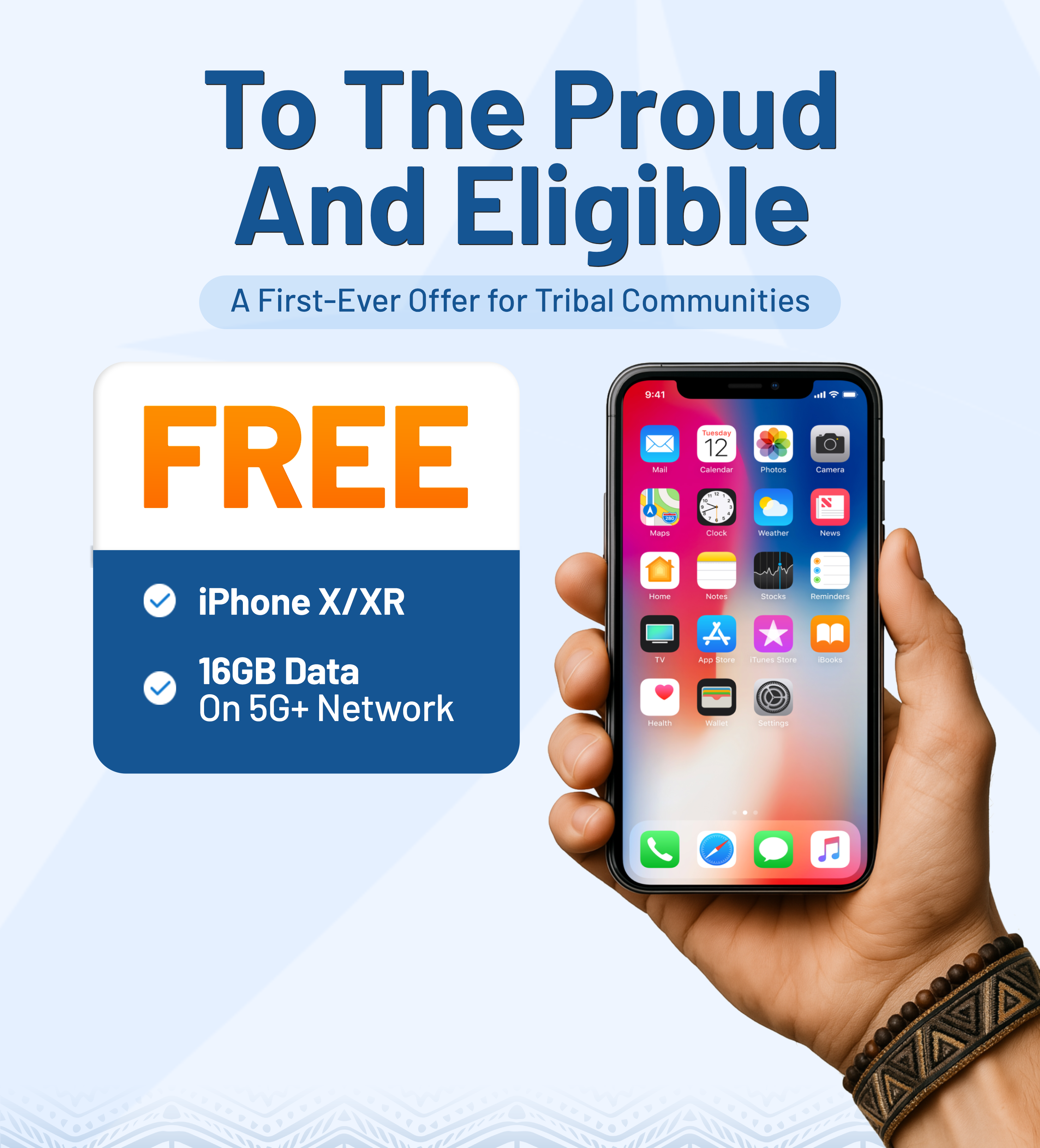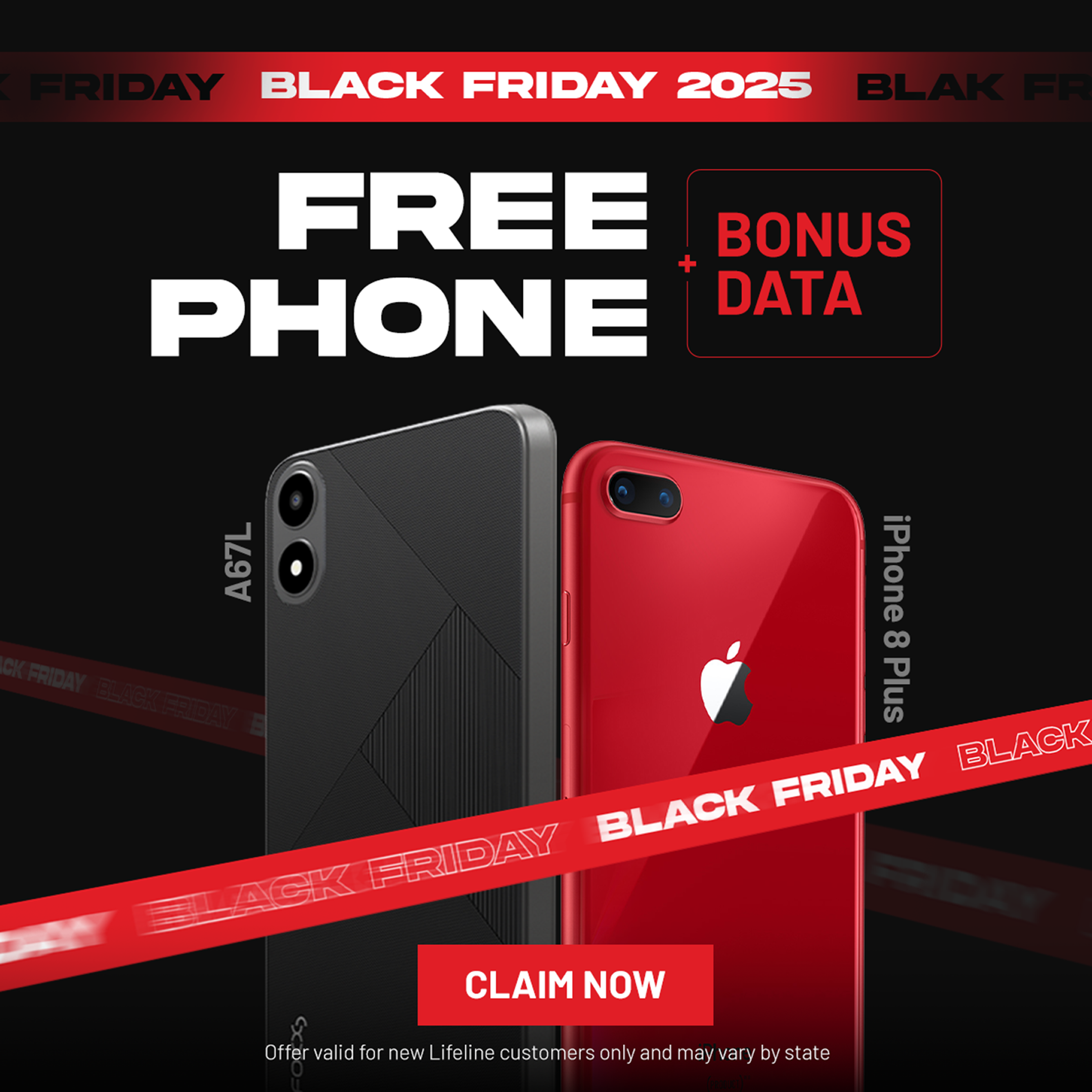Free government phones have become a lifeline for millions of Americans who need reliable communication but struggle with monthly expenses. Yet many people still wonder: Who qualifies for a free government cell phone?
This guide breaks down every eligibility rule in simple terms so you can quickly check whether you’re approved for Lifeline. If you’ve ever asked, “Do I qualify for a free government phone?” this is where you’ll get a clear answer.
1. Understanding Why Free Government Phones Exist
Free government cell phones are part of the Lifeline program, a federal initiative overseen by the Federal Communications Commission (FCC). The goal is simple: ensure that low-income Americans can stay connected to essential services.
Modern life requires phone access, whether for job applications, school communication, emergency services, telehealth visits, or staying in touch with family. Without a phone, many people fall further behind economically and socially.
Lifeline helps address this gap by offering monthly discounts on phone service and, from participating providers, free devices for eligible customers. This is why many carriers, such as AirTalk Wireless and Cintex Wireless, offer free smartphones, including models from Apple, Samsung, and Google.
So when people ask “Why does the government give free cell phones?” The answer is: The government provides free or discounted cell phone service primarily through a federal Lifeline program to ensure equal access to essential communication for underserved communities and reduce digital inequality nationwide.
Any free device associated with the Lifeline program, including free cell phones, is provided by service providers, typically bundled with the discounted service provided through the Lifeline benefit.
2. Who Qualifies for a Free Government Cell Phone?
To understand who qualifies for a free government cell phone, the FCC sets clear rules based on income, participation in federal programs, and specific tribal assistance criteria. You only need to meet one category to qualify.

2.1. Income-Based Qualification
You qualify based on income if your household income is at or below 135% of the Federal Poverty Guidelines (FPG).
Income limits differ by household size, but the structure is consistent:
- The more people living in your household, the higher the allowable limit.
- Applicants must verify their income using documents like pay stubs and tax returns.
Many people ask, “What is the income to qualify for Lifeline?” Since the federal poverty guidelines are updated annually, applicants typically refer to the most recent numbers. But the key idea is: if your income is low or unstable, there’s a strong chance you qualify.
2.2. Program-Based Qualification
If you don’t qualify based on income, you may still qualify by participating in certain federal assistance programs. The FCC recognizes these programs because participation indicates financial need.
Eligible programs include:
- SNAP (Supplemental Nutrition Assistance Program)
- Medicaid
- SSI (Supplemental Security Income)
- Federal Public Housing Assistance (FPHA)
- Veterans Pension or Survivors Benefit
If someone asks, “Who gets free government phones?”, the answer is simple: people who are already receiving federal aid through programs designed for low-income households.
To apply under this category, you need to provide proof such as benefit letters or program approval documents.
2.3. Tribal Qualification Rules
Tribal communities receive enhanced Lifeline support because these areas often face limited access to communication infrastructure and higher economic challenges.
You qualify under Tribal rules if you live on qualifying Tribal lands and participate in one of these programs:
- Tribal TANF
- Food Distribution Program on Indian Reservations (FDPIR)
- Bureau of Indian Affairs General Assistance
- Tribal Head Start (income-based)
Applicants may receive higher discounts or additional support compared to non-Tribal applicants.
3. Who Does Not Qualify for a Free Government Cell Phone?
Despite broad eligibility, not everyone qualifies. You do not qualify if:
- Your household income exceeds 135% of the FPG, and you do not participate in any qualifying assistance program.
- Someone in your household already receives a Lifeline benefit.
- You cannot provide valid identity verification documents such as a Social Security Number, Tribal ID, or government-issued ID.
- You apply using false or unverifiable information.
- You are not a U.S. resident living in a state or territory where Lifeline is active.
People also lose eligibility if their income increases or they are no longer enrolled in qualifying programs. Annual recertification is required to maintain benefits.
>>> Read more: Free Government Cell Phones in Poteau Oklahoma: How to Apply & Qualify
4. How to Check If You Qualify
Even if you’re unsure, checking your eligibility is simple. Here is how you can quickly confirm whether you meet the rules for who qualifies for a free government cell phone:
4.1. Fast Self-Check Checklist
If you answer yes to any of these questions, you likely qualify:
- Is your household income at or below 135% of the federal poverty line?
- Do you receive SNAP, Medicaid, SSI, FPHA, or Veterans Pension?
- Do you live on Tribal land and participate in FDPIR, Tribal TANF, or Tribal Head Start?
- Is only one person in your household currently enrolled in Lifeline?
- Do you have a valid ID and proof of eligibility?
If these conditions match your situation, the next step is to verify your eligibility formally.
4.2. How to Verify Through Lifeline (Official FCC Method)
The FCC uses the National Verifier, an online system that checks your eligibility. Here’s how it works:
- Visit the National Verifier portal.
- Enter your personal information (name, date of birth, last 4 digits of SSN).
- Upload proof of income or program participation if requested.
- Wait for instant or manual approval.
- Once approved, choose a participating phone provider to sign up for service with them. In case you want to receive a free government cell phone, pick one that includes these benefits.
Approval times range from a few minutes to a few days.
4.3. How to Apply for a Free Government Cell Phone Through AirTalk Wireless
AirTalk Wireless is one of the most popular providers for free government phones. If you think you’re the one who qualifies for a free government cell phone, here’s a quick application process:
- Visit the AirTalk Wireless application website.
- Enter your ZIP code to confirm availability.
- Choose your preferred Lifeline plan and free smartphone model.
- Fill in your personal details.
- Select your eligibility method (income-based or program-based).
- Upload supporting documents.
- Submit the form and wait for confirmation via email or text.

AirTalk processes most applications quickly, and approved users receive their free phone shipped to their address.
Final Thoughts
Understanding who qualifies for a free government cell phone doesn’t have to be confusing. The FCC provides clear criteria based on income, participation in federal assistance programs, or Tribal eligibility. With millions of Americans relying on Lifeline benefits, the program plays a critical role in ensuring access to communication, safety, and economic opportunities.
If you’ve wondered, “Do I qualify for a free government phone?”, use the checklist and application steps above. Whether your need is financial, situational, or based on Tribal assistance, the Lifeline program was created to help you stay connected, and taking the time to check your eligibility could make a significant difference in your daily life.


